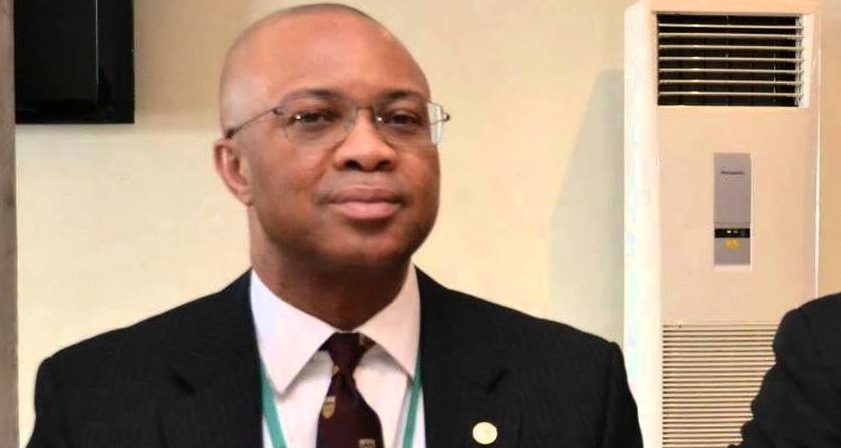Why Nigerians are not feeling impact of economic growth by Budget Office

The Director-General, Budget Office of the Federation, Mr Ben Akabueze, on Wednesday explained why Nigerians were not feeling the real impact of the positive economic growth rate on their lives.
He gave the explanation while making a presentation at a roundtable on the 2019 budget.
The event which was organised by the Abuja Chamber of Commerce and Industry was attended by top officials of the chamber led by its President, Adetokunbo Kayode.
Akabueze said that for Nigerians to effectively feel the impact of economic growth, the rate of Gross Domestic Product growth must be higher than the population growth.
He said while the rate of growth in the country’s population was about three per cent, it was currently higher than the GDP growth rate of the country.
The DG budget said the Federal Government understood the challenge, noting that was why the outlook for economic growth was put at about three per cent in the 2019 budget.
He said while the economy might have been out of recession, the government was implementing various measures to accelerate the trajectory for growth.
He said, “We are projecting a 3.01 per cent growth (in GDP). Often times, I hear Nigerians asking whether we can meet this growth.
“This is the minimum level of growth we should be aiming, going by the rate which our population was growing.
“If we are growing at anything below the rate the population is growing, it will not be felt and that is why a lot of people do not feel the economy is growing.
“It is not surprising that you don’t feel it, because last quarter, the economy grew by 1.8 per cent and population was growing significantly higher than that.
“So until we restore growth to seven per cent or preferably double digit, the vast majority of Nigerians are not going to feel any growth. So that’s the debate we should be having.”
Speaking on the 2019 budget which was presented to the National Assembly by President Muhammadu Buhari, he said that the budget was based on oil production of 2.3 million barrels per day, an oil benchmark price of $60 per barrel and exchange rate of ₦305 to a dollar.
He said other key economic parameters underlining the budget were the plan to bring down inflation to 9.98 per cent, nominal consumption of N119.28tn, nominal Gross Domestic Product of ₦139.65 trillion and a GDP growth rate of 3.01 per cent.
There had been concerns that the $60 per barrel benchmark price might be too ambitious following the recent fluctuation in the international oil market.
The price of crude oil had dropped to below the $60 per barrel budget benchmark.
Based on a production volume of 2.3 million barrels per day and with a budget benchmark of $60 per day, the Federal Government is targeting to earn about ₦3.68 trillion revenue from oil next year.
But reacting to the development, the DG Budget said that the drop in oil price might not reflect the outlook for 2019.
He said that the Federal Government was monitoring developments in the global oil market and would not hesitate to make adjustments when there was need for such.
When asked what impact was the level of corruption and Public Procurement Act having on budget implementation, the DG budget said there was a need to amend the procurement law.
He said the 15 per cent contract cost provision which the Act stipulated to be used in mobilising contractor was too small.
He said with the apathy of banks in providing loans to contractors to execute government projects, there was the need for increase in mobilisation cost.









0 Comments